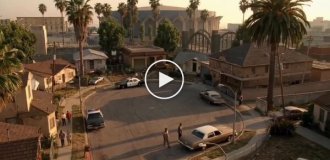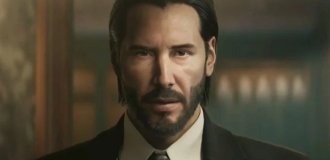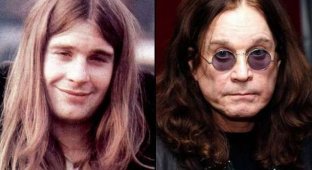Of course, you all know that the surname Stalin is a pseudonym. Joseph Dzhugashvili was born in 1878 in Georgia, which was then part of the vast Russian Empire. He was the son of a housewife and a simple shoemaker. Vissarion, his father, an alcoholic and rowdy, was arrested after an attack on the city police chief.

In 1894, 16-year-old Joseph received a grant to study at the elementary Russian Orthodox seminary. By the end of the first year, Dzhugashvili Jr. firmly decided that he did not believe in God. Despite his convictions, Joseph remained in the seminary until 1899, then he was expelled - Dzhugashvili did not pass the final exam. But then the young man was thinking about something completely different: he was fascinated by Lenin’s writings and joined a Marxist political group. The future leader took his first pseudonym while still in seminary. He called himself Koba and demanded that his comrades call him the same. This is the name of the hero from Joseph’s favorite novel “The Patricide,” written by Alexander Kazbegi. In the novel, Koba is a young peasant who can easily be called a “noble robber”, only, unlike Robin Hood, he is more realistic.

After leaving church school, Stalin worked at a weather station until 1901, then finally became an underground revolutionary. Koba organized rallies, started riots and constantly wrote articles for underground propaganda leaflets. In 1904 he joined Lenin's new Bolshevik group. In 1911, Koba took his second and last pseudonym, which for the next few decades would inspire fear and respect throughout the world - he began to call himself Stalin.

1901 Photos of Koba from police archives.

1906

Personal file of Joseph Stalin. The profile was opened after his arrest in Baku in 1910.

1911


1911 Photos taken by the secret police in St. Petersburg. During the First World War, Joseph Stalin never went to the front. As a child, he was twice run over by a horse-drawn carriage, as a result of which he received serious injuries to his left arm and was released from service. In April 1917, at the congress of the Communist Party, Stalin was elected to the Central Committee. Six months later the Committee voted for a revolution, which subsequently led to civil war. In less than 10 years, Joseph Stalin would become General Secretary of the Communist Party. Along with his appointment, the leader received a number of nicknames that were firmly attached to him among the people: the Genius of Humanity, the Great Architect of Communism and many others.

1915 Stalin (second row, third from left) with a group of Bolsheviks in the village of Turukhansk, Russia.

1917

1918

Joseph Stalin, Vladimir Lenin and Mikhail Kalinin in 1919.























